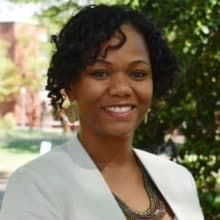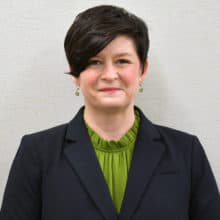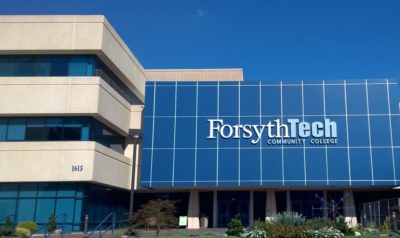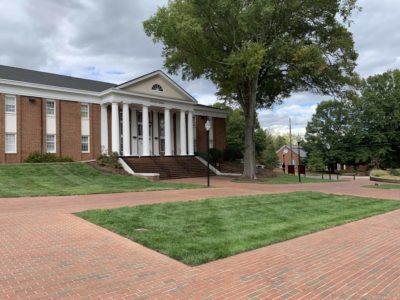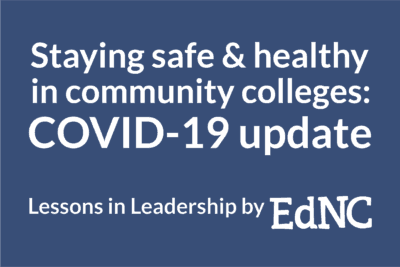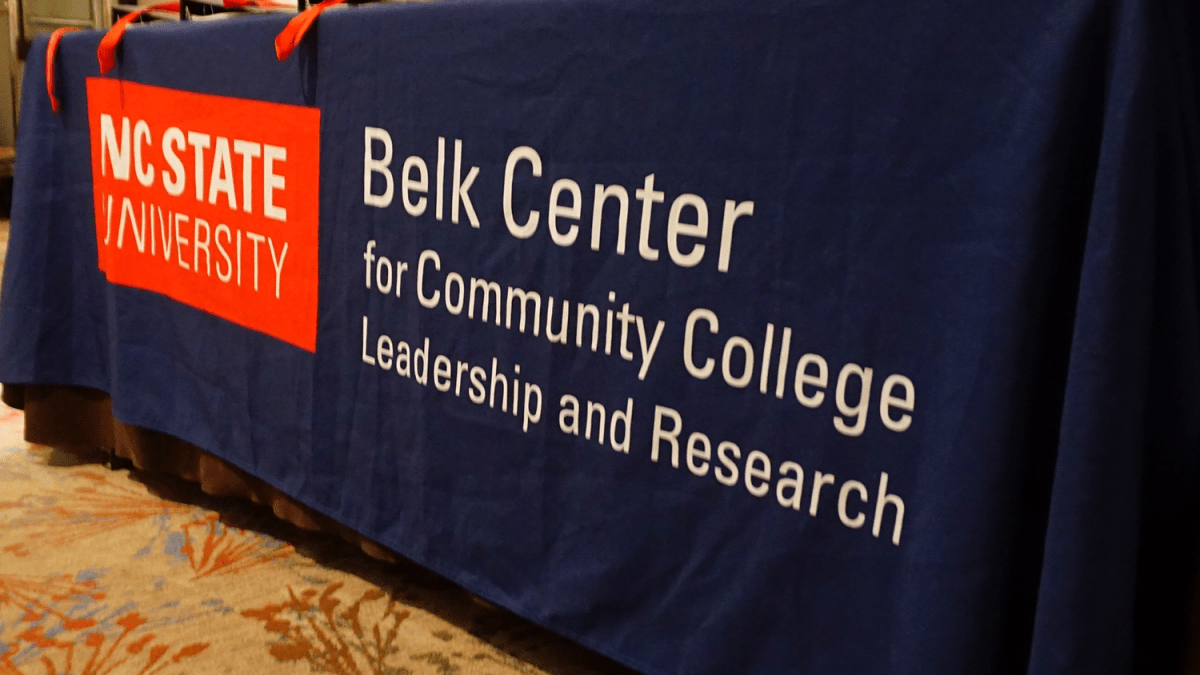
In the foreseeable future, postsecondary completion will be different as the pandemic crisis evolves unpredictably. College presidents, now wondering if their institutions will “go back to the way they were,” are engaging in significant planning for the next academic year and beyond to ensure that programs continue, current students remain enrolled and supported in an online environment, and new students are able to seamlessly enroll in future semesters.
Prior to the pandemic, colleges were engaging with the Belk Center in leading for student success. Certainly, their work prior to the pandemic has new meaning today, and reflecting upon the prior context can highlight strengths upon which we can continue to build in today’s environment.
For example, in some ways, North Carolina is an American economic success story. The state has one of the most vibrant high-end knowledge economies in the country. The rates of population, job, and wage growth this decade have made it one of the fastest growing states in both the South and the nation.
According to NCCareers.org, more than half a million new jobs were expected to be created in North Carolina this decade, with significant job growth projected in high-wage fields like finance and insurance, management, science and technology, and nursing and other health care specialties, as well as among teachers and workers in the construction trades. From today forward, the economy and types of jobs available will likely be different. Some jobs will continue to grow and others will decline.
North Carolina’s growing prosperity has not been shared with all segments of its population, a challenge that remains in the midst of the pandemic. During this crisis, we have seen economic disparities rise to the surface of broad public concern. This challenging reality is not new. A recent study revealed that those who are born poor in North Carolina are among the nation’s most limited when it comes to economic opportunities and mobility. Conditions created by the pandemic further exacerbate the ability of economically disadvantaged individuals to adapt to new ways of living, including beginning or continuing in higher education programs of study.
North Carolina’s 58 community colleges represent the one resource that serves all segments of the population as an ever-expanding gateway to prosperity and as a critical talent pipeline for employers in search of workers with needed job skills.
North Carolina’s success in continuing to build our own talent, particularly in the aftermath of the pandemic, depends largely on how well community college leaders are prepared and given the tools they need to achieve higher levels of college access, credential completion, and labor market success for their students. Prior to COVID-19, the Presidents’ Academy, an executive leadership program supporting community college presidents as they lead for student success, emphasized the urgent need for transformative change and assisted presidents with strategic planning to advance the work of elevating economic opportunity for North Carolinians. This urgent need remains, and while the sudden shift in education delivery takes priority, college presidents and other colleagues have shared their desire for support in sustaining student success as the transition continues.
In response, the Belk Center is supporting presidential leadership in several ways — through online resource sessions and engagement in a series of critical conversations about planning for the future, and through an opportunity to administer a climate survey to gather feedback from their faculty and staff about how they are doing, both personally and professionally, as the pandemic progresses. Additionally, the Belk Center is maintaining a resource web page and offering professional coaching for community college faculty as they transition courses online. All of these supports are designed to assist presidents in leading through crisis while also continuing the work of the Presidents’ Academy in building the state’s future workforce.
The pandemic has heightened historical concerns we’ve had about economic mobility across our state. Even in the most difficult times, community college presidents remain steadfast in their work to ensure all students succeed. Likewise, the Belk Center remains committed to supporting North Carolina’s community colleges as they innovate to serve their communities in the near and long terms to ensure education access for all citizens.
The Presidents’ Academy team is working carefully and thoughtfully to design future presidential leadership development that will connect previous work to the reality of today. We are proud to be partners with community colleges in designing the future and look forward to creating new opportunities for prosperity.


